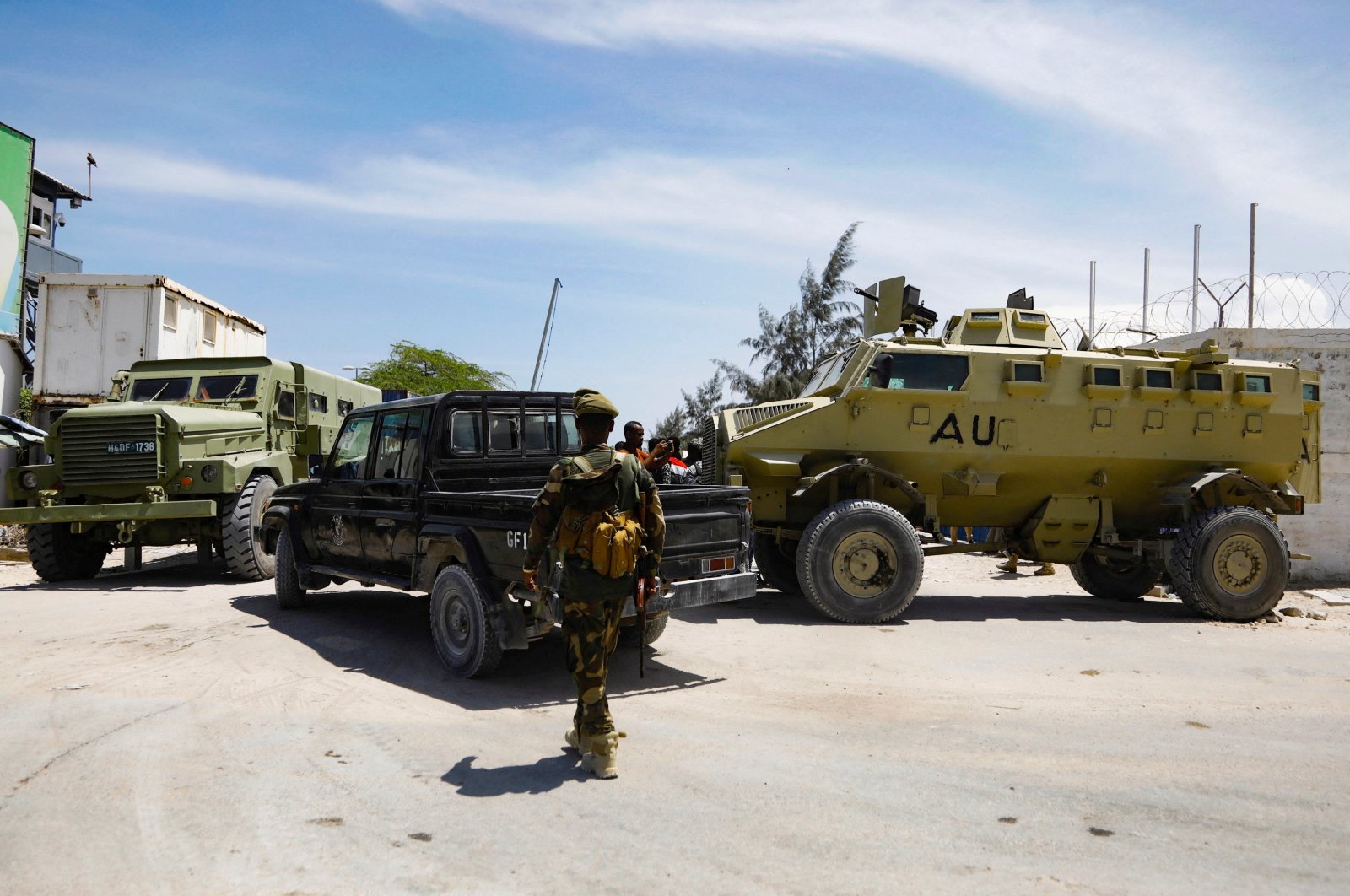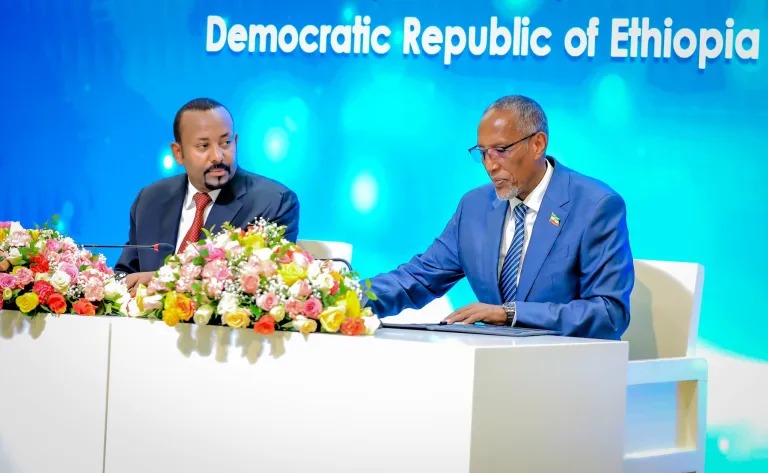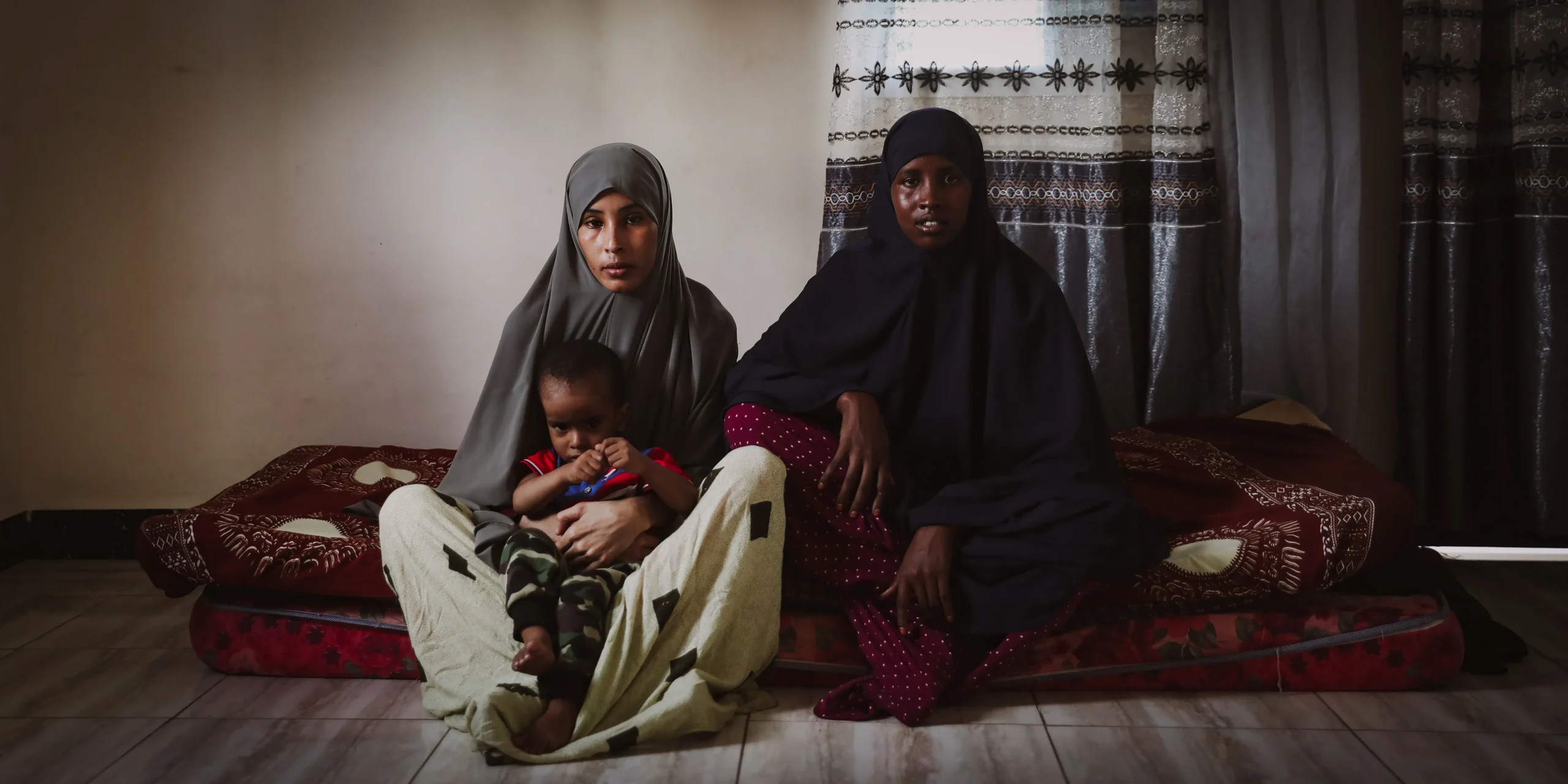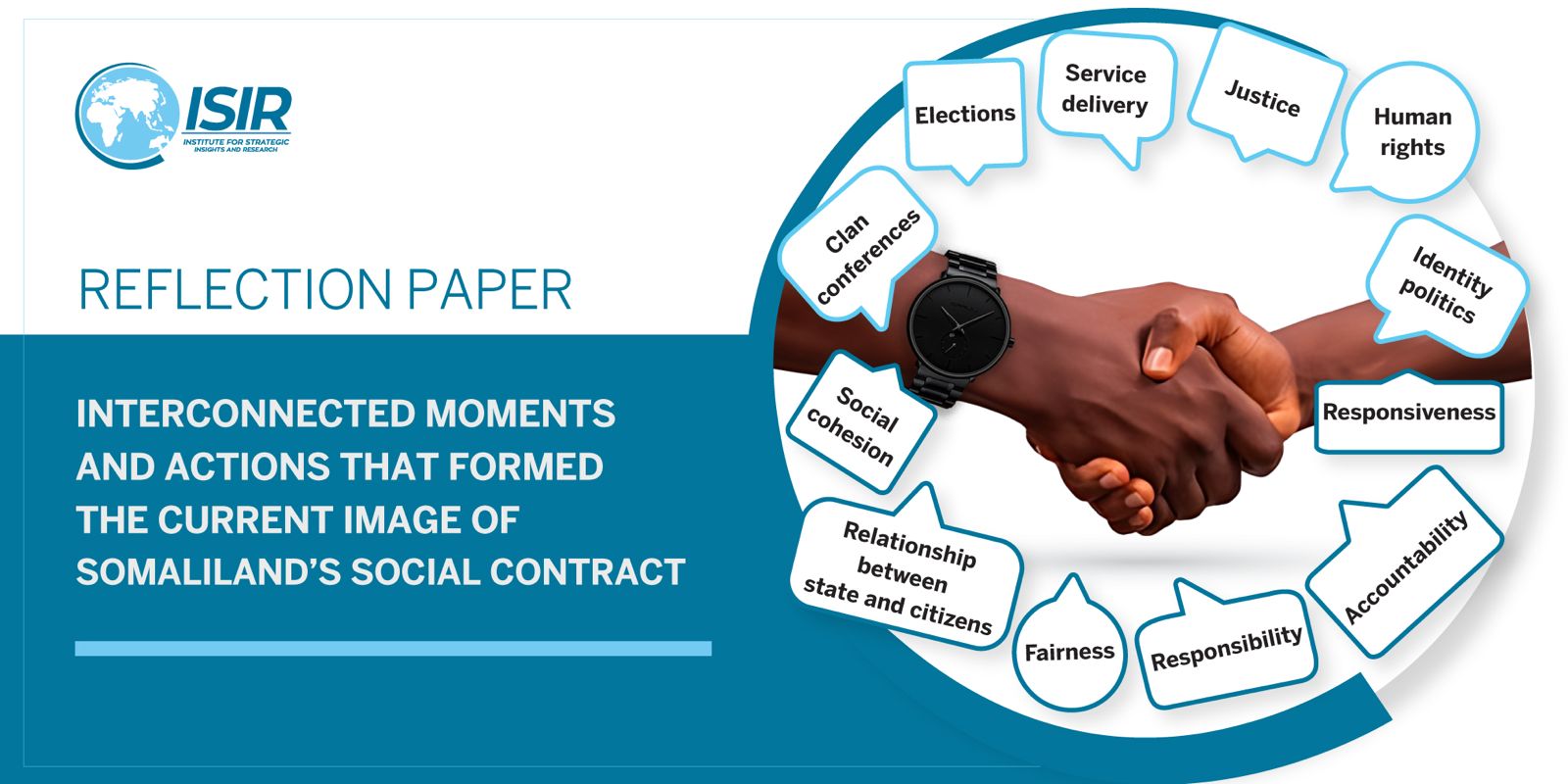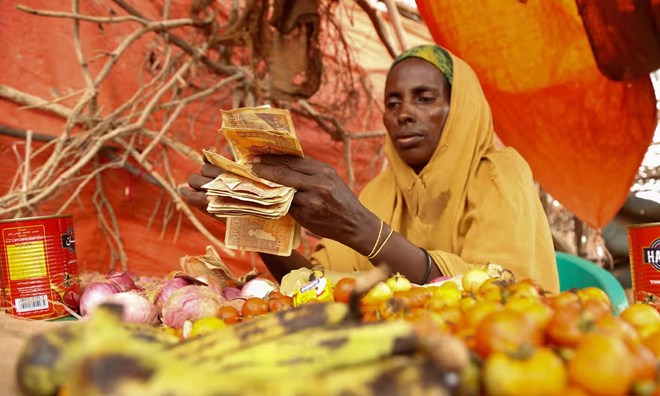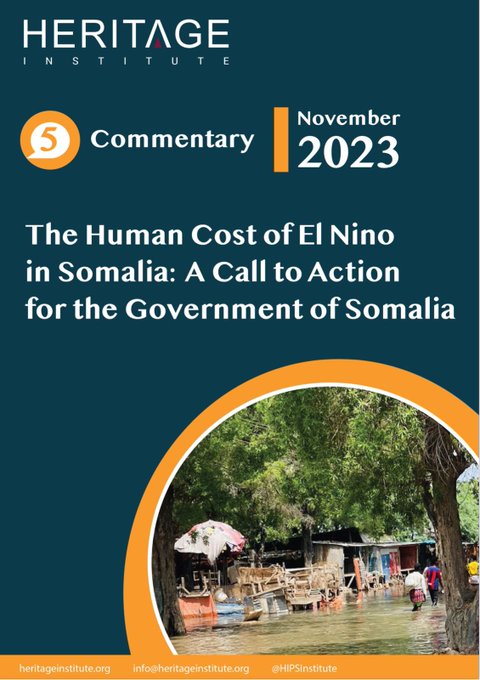In my book, A Crying Somali Citizen: Somalia Manipulated and Vulnerable Nation that was published in 2020 in Sweden, I wrote: ‘One human being gives birth to another similar human being and so does a corrupt nation. A corrupt nation gives birth to corrupt leaders, corrupt sheikhs, corrupt teachers, corrupt doctors, corrupt traders, and so on. We have also developed similar terms to call those that we suspect corrupt us. In Hargeisa we call them Jeegaan, in Garowe, Aaran Jaan, and in Mogadishu, Damul-Jadiid’ (Amiin, 2020:96). In short, the central theme concerns a corrupt leader, Farmaajo, who four years ago came to power through electoral system that was and still susceptible to be manipulated. This electoral system was designed and still invested by the so-called International Community. Farmaajo is now trying not only to corrupt the corrupted (Damul-Jadiid, Aaran-Jaan and Jeegaan) but to send them politically and militarily into their grave. However, this (according to The Economist, 2021) would not happen without consequence. The experts point out that the ‘15 years of statebuilding are at risk in collapsing back into civil war because of the power-grap by the president, Mohamed Abdullahi Mohamed’ (The Economics, 2021:81).
On the one hand, Hasan Mudane, a social activist and young scholar who is an expert in the International Relations field has recently written what can be described as a scientific article entitled ‘Let the war be given a chance’ (dagaalka-fursad-ha-la-siiyo/). He demonstrated in his article that in historical perspective war was sometimes indispensable for the state-building projects. This kind of method used to be instrumental in Renaissance period in the West and is called ‘the top-down’ (Viroli, 2014:147).
The view that this young scholar presented in the article is supported by Maurizio Viroli. He claims ‘Russo read the ‘Exhortation’ as a text written from the perspective that political redemption must be achieved from the top down, thanks to a great political leader, not the result of a moral regeneration of a whole people’ (Viroli, 2014:147). In addition, one can deduce Hassan’s illustration on this important subject that he made a prediction on a potential reaction about the issue from the International Community. It seems that the International Community would not be shocked nor do they care if Farmaajo continued to stay in the office by violence. They would eventually deal with him. And experience shows that it is the Somalis who always pay the price not the International Community. On the other hand, Machiavelli’s dilemma on such leaders who acquire authority badly is:
‘One will find that it very rarely happens that someone god wishes to become prince by bad ways, even though his end be good, and that someone wicked, having become prince, wishes to work well, and that it will ever occur to his mind to use well the authority that he has acquired badly’ (Manisfield & Tarcov, 1998:XXV).
However, using this method (as Viroli suggests) demands a great leader whose moral does no longer need to be regenerated. Wether Farmaajo meets this demand or not would easily be reflected by his political behavior in the last four years, despite the fact that by adopting the
same method (the top-down) that he has already started his pilot project of rebuilding of an artificial central government.
A Pilot Project of Rebuilding of an Artificial Central Government
Whether Farmaajo would succeed this or not is another question but the significant thing here is what Somalis are witnessing, that Farmaajo is now trying by any means to stay in power at least another two years. Farmaajo is not a prudent leader but a fortunate who always find some politicians too ready to be deceived. He knows what he wants but he is unable to consider time and space, when respective where he is conducting his political pilot project of a rebuild of artificial central government. In order to do this he should first and foremost (with the help of Abiy Ahmed) get rid of the artificial federal system built for us by the late Meles Zenawi. Abiy’s military involvement will eventually appear when Farmaajo completes the first phase of the mission, in other words when the Damul-Jadiid and the Aaran-Jaan would politically and militarily be defeated. Because, it is impossible for Farmaajo to face the Jeegaan in Hargeisa without Abiy Ahmed’s direct involvement. That is the reason Farmaajo does his utmost to stay in office another two years— an everlasting two-years.
The Two Years of extension is for Abiy’s preparation
Now what we see is that the Damul-Jadiid in Mogadisho was politically weakened, The Aaran-Jaan in Garowe is now militarily tested in Boosaaso and the Jeegaan in Hargeisa, although it has materially been sabotaged in the last four years, is not yet fully challenged politically and militarily. Farmaajo’s evil hand has not reached there. Nonetheless, it will reach if he is given by other means the two years of extension he has long been struggling for. For example too many delays of the elections would contribute the extension project. Why does Farmaajo still want these two years? The simple answer is: these two years are strategically consumed for Abiy’s preparation, to accomplish his mission at home, Ethiopia. This is what Somalis should know. Because, Abiy is important partly for the dispersing of the Jeegaan in Hargeisa. In this regard, there is no reason for Hargeisa to remain passive politically in what is going on in Horn of Africa because Farmaajo is trying to eliminate an artificial federal system that Hargeisa is part of, that created by Meles Zenawi and replace this with another artificial central system backed by Abiy Ahmed. Hargeisa should either decide to wait until the evil comes home or adopt different strategy by developing ways to disturb this pilot project of a rebuilding of artificial central government backed by Abiy but led by Farmaajo whom many believe (no matter how he imitates to be The Great Leader— A National Hero) not to be the right person to end the corruption by getting rid of the corrupted—the Damul-Jadiid in Mogadisho, the Aaran-Jaan in Garowe and ultimately the Jeegaan in Hargeisa.
Cismaan Cali Amiin is author of A Crying Somali Citizen, Somalia: A Manipulated and Vulnerable Nation
ali_amiin@hotmail.com +46760882518
Reference
Amiin, Cismaan Cali. (2020). A Crying Somali Citizen: Somalia Manipulated and Vulnerable Nation. Sweden.
Mansfield, Harvey C & Tarcov, Nathan. (1998). Niccole Machiavelli Discources On Livy. United States of America: The University of Chicago Press.
Mudane, Hasan. (2021). Dagaalka fursad ha la siiyo.
The Economist. (2021). The World Ahead 2022.
Viroli, Maurizio. (2014). Redeeming the Prince: The Meaning of Machiavelli’s Masterpiece. In the United Kingdom: Princeton University Press.
Categories: Opinion








